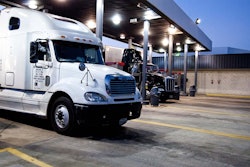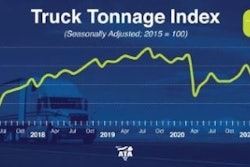Being an owner-operator is an appealing career option for many drivers, but motor carriers that create opportunities through lease-purchase agreements face mounting legal challenges.
Motor carriers were hoping for the Trump administration to change the Federal Labor Standards Act to strengthen their defense. Changes were scheduled to take effect on March 8, 2021, but were quickly nullified when the Biden administration took over control of the Department of Labor.
The Democrat-controlled House of Representatives also passed a PRO Act earlier this year to amend the federal National Labor Relations Act with the same Assembly Bill 5 (AB-5) test used in California to determine contractor status. The AB-5 test has been the law in California since January 1.
The PRO Act passed in the House but has not gone anywhere in the Senate yet.
“I hope it sits there for a very long time,” said transportation attorney Mark Hunt, a partner at King & Ballow who heads the firm’s independent contractor and distribution law section in Nashville.
Hunt presented on Monday, Sept. 27, at the Truckload Carriers Association Annual Conference in Las Vegas. As an attorney who defends carriers against class-action lawsuits, Hunt said that cases against motor carriers usually start with a disgruntled owner-operator getting a plaintiff attorney who then gets other drivers involved.










